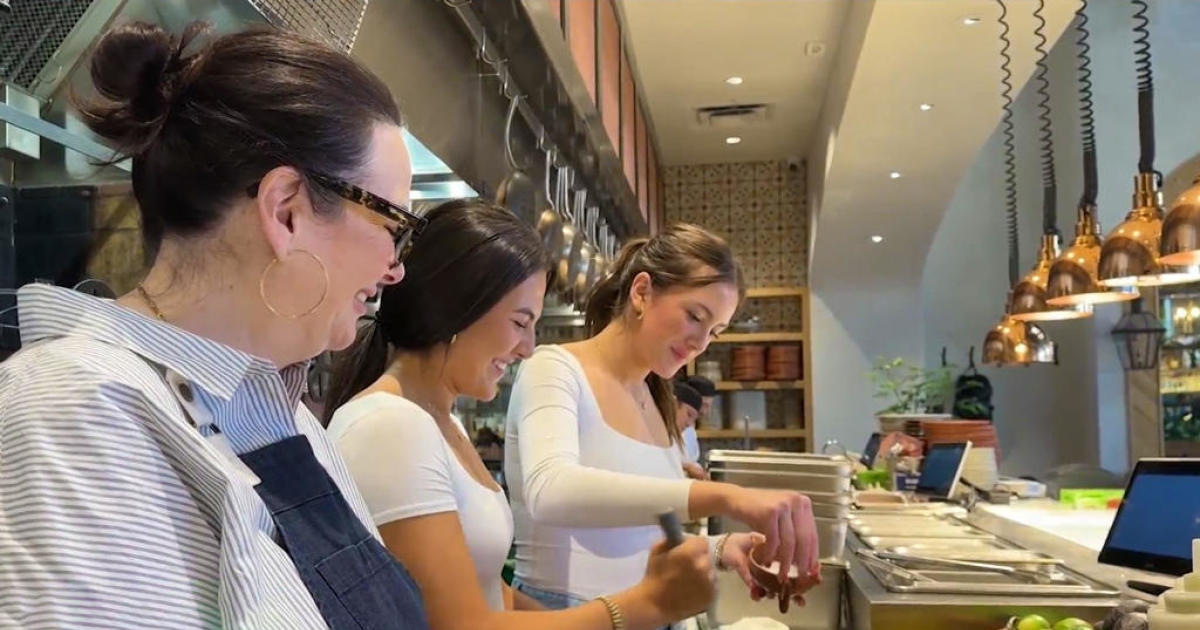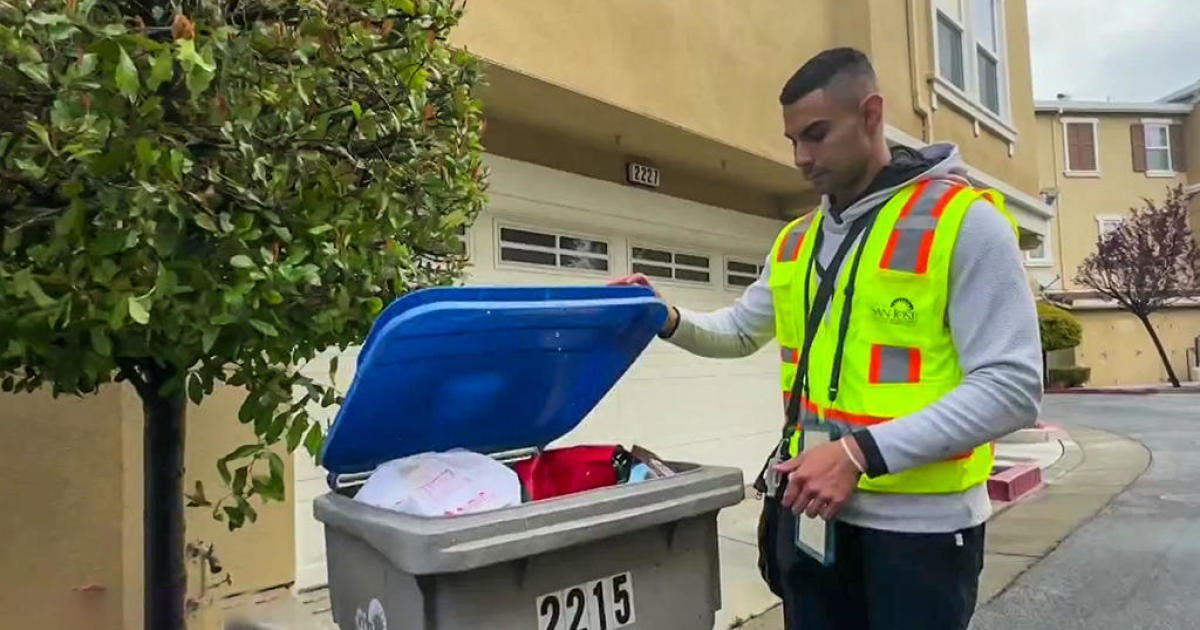Project Home: Luxury Home Sales Rebound In New Pandemic Work-From-Home Culture
SONOMA - Luxury home sales have hit a record high, all thanks to the work-from-home culture.
"People want a haven, a place to go, somewhere that feels distant," Christine Krenos with Compass Real Estate said.
Krenos says wine country has gone from a second home market to a primary home market overnight.
"My phone is ringing off the hook," Krenos said.
Krenos showed us a five-bedroom, five-bathroom luxury home in Sonoma that is on the market for just under $7 million. The 5,000 square foot home sits on 13 acres, complete with an at home gym, pool and the new necessity, two home offices.
"There's a joke right now among agents, like we keep teasing each other saying, there's not going to be any houses left to sell," Krenos said.
The real estate market in the Bay Area is already rebounding, with luxury home sales leading the way. Prior to the pandemic luxury home sales made up 18 percent of real estate transactions, now they're at a record 30%.
"Realistically, there will be an exodus from the big cities," Paul Vallee said.
Vallee is the CEO of Tehama, a work-from-home startup that's already fully remote. He says it's changed the way his company looks for talent.
"If everyone is working from home anyway, I believe that a really attractive way to get amazing talent is to permit them to work from wherever they want, to let them become digital nomads," Vallee said.
In Tehama's case, Vallee says it saved money and connected the company to untapped talent since people didn't have to relocate for a job.
"I'm a big believer that we can heal the rural-urban divide with remote work. So working from home and remote work in general it gives us a clear path to reinvigorate our countryside," Vallee said.
According to Redfin, 27 percent of home buyers are currently looking to relocate to more affordable less dense areas. San Francisco, New York and Los Angeles have seen the biggest outflow, meaning more people are looking to leave than move in. Meanwhile, the four least dense counties in the Bay Area are seeing the largest increases in offers since this time last year. Monterey is is up 61 percent, Santa Cruz is up 58 percent, offers in Sonoma are up 47 percent, and in Napa 37 percent.
"I don't have a lot of good news for commercial real estate owners," Vallee said.
That is because commercial real estate is taking a hit. Deloitte found more than half of U.S. construction firms have suspended commercial real estate projects. Seventy-four percent of surveyed investors have shelved commercial real estate investment plans and commercial tenants are defaulting on rent.
For example, shopping centers only paid an average of 46% of their typical rent in April.
"So there's not going to be a fully remote or a fully back-to-the-office in my opinion. I think it will be a hybrid approach," Michelle Killoran said.
Killoran is a Principal with Omers Ventures which invests in PropTech. She surveyed tenants, brokers and landlords and says startups who can afford to hold onto their offices likely will.
"When we're talking to startups in the technology space, over 50 percent said they would keep their existing square footage for the next 12 months," Killoran said.
The divestment in commercial spaces could come with a silver lining, making cities more affordable again.
"I would love to see that become a rebirth of arts and culture, city living as opposed to, 'I live in the city because my employer requires me to be right here,'" Vallee said.
Right now it's shifting the bidding war. Properties in wine country that used to sit for a year and were priced to sell are now increasingly going over asking.
"Even if a percent of San Franciscans decided to come up here. We still can't match the demand," Krenos said.
According to analysis by Zumper.com, we're seeing what's called the "Brooklyn effect" in San Francisco. This already happened in Manhattan where people realized they could have a much larger place by living out in Brooklyn. In San Francisco rents on average are down 11.8% since this time last year. A one-bedroom now averages $3280 a month compared to $3720 in July of 2019.



